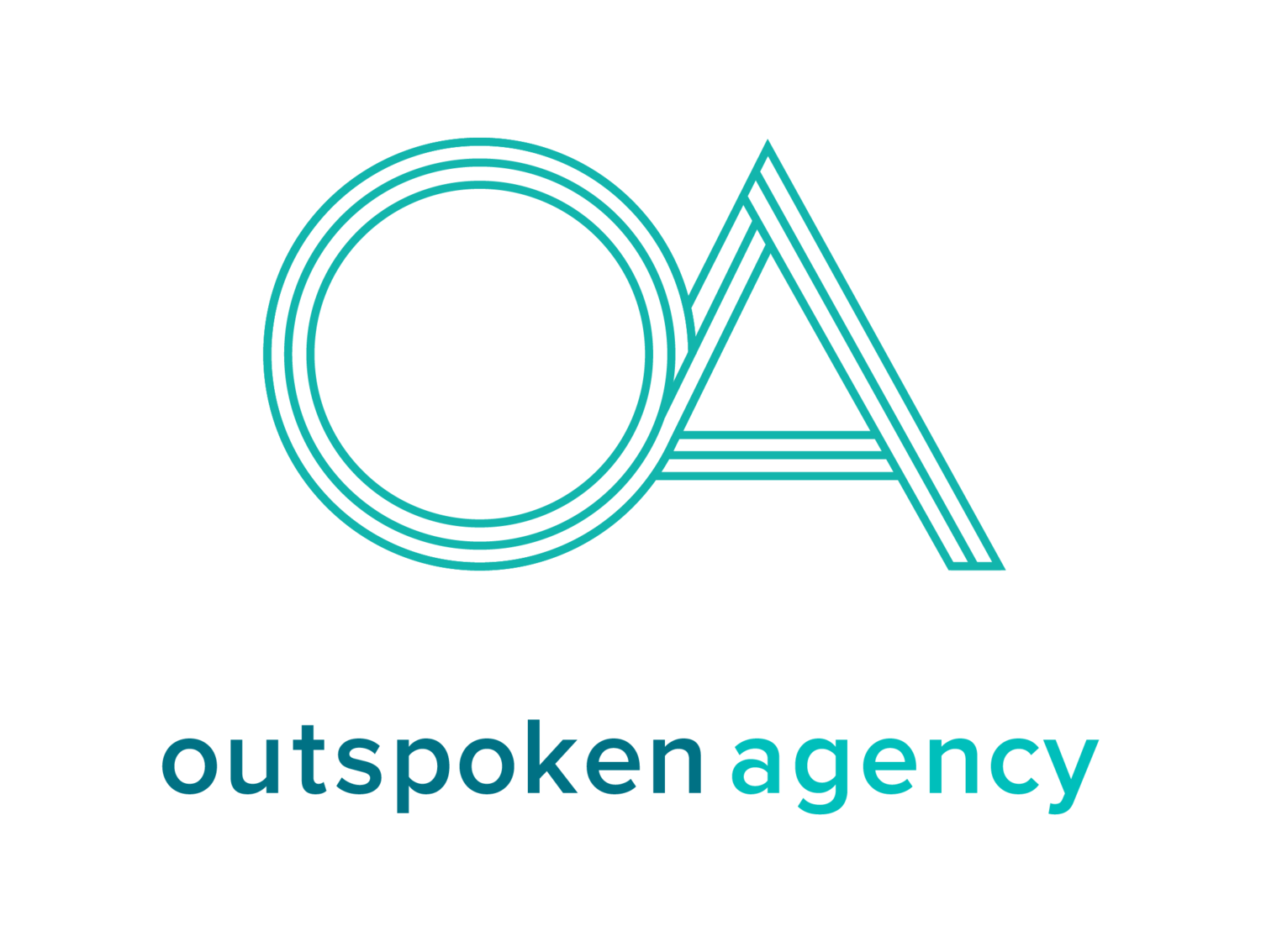OA: What are you Outspoken about?
DA: I believe that the way that we have been taught to find jobs is fundamentally broken. During the process of researching for this book, I read every career book from the 70's forward and the advice simply hasn't changed. We have made a shift to making learning-based careers from stability-based ones and it is changing the way that we get job, ways that we learn and how we build a life today. I want to help people navigate this new type of career.
OA: How has your recent work transformed the focus of your content when delivering a speech?
DA: It has become a lot more activity focused. You can't just hear someone talk and inspire you. You need to stop and actually do something, ask yourself the hard questions or make a list of what you want to learn. Even to large crowds, there can be opportunities for a type of engagement that actually lets people feel what the process of navigating our career should feel like.
OA: How do speaking events help your growth [whether that’s with inspiring new content, new research, or other opportunities]?
DA: I really believe in this material. We are living in a world that tells us that we all need to be entrepreneurs --- take risks and follow your passion. A different story needs to be told --- you don't have to be an extrovert or an entrepreneur! Get a job. It's great. The process of finding a job should feel calm, grounding and like the job you eventually want to have. People need to know this is possible because, otherwise, we are left feeling depressed that we aren't hearing
anything back from job boards.
OA: What would you like to see happen more often at events to engage with the audience?
DA: The most interesting one was I once spoke to a room that was divided male and female with a divider in the middle. I was standing at the center looking at both sides but they couldn't see each other. I could see which parts of my speech resonated with the men and women. It was
fascinating and definitely transformed my speech.
OA: What has been one of the most fulfilling audience experiences at a speaking event and why?
DA: The most fulfilling would be all the conversation I have after each talk with individuals in the middle of figuring it all out finding new ways to see themselves and their career.
OA: If you could hear someone give a speech alive or dead, who would it be and why?
DA: I would like to hear Oscar Wilde talk. I want to know how that kind of witty, quick, cutting banter would stand up today in the age of Twitter.
OA: How can people become more involved with your work and/or where is your writing being featured mostly these days?
DA: You can visit 50waystogetajob.com to see what led to the book and what has helped over 500k people navigate their next steps. I am writing short articles that range from GOOD Magazine to Fast Company at the moment.



